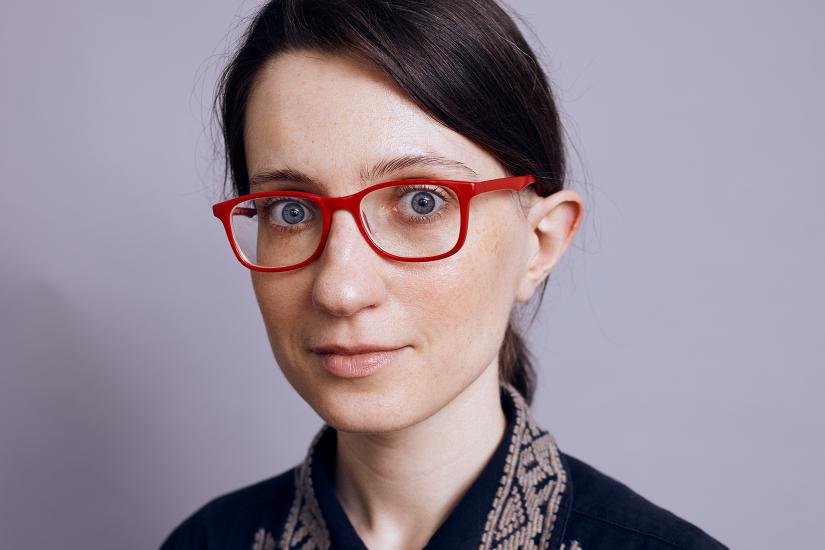
The Body is a Cupboard: Kharms, Lipavsky, and Druskin Thinking Embodiment and Sexuality between the Human and the Non-Human
ABSTRACT
This dissertation focuses on the role that gendered embodiment and sexuality play in the re-articulation of the human subjectivity in the texts of three authors active in late 1920s–1930s Leningrad: the poet and prose writer Daniil Kharms and philosophers Leonid Lipavsky and Yakov Druskin, who were close to the literary group OBERIU (The Association for the Real Art) and central to the informal collective conventionally referred to as chinari. I argue that this re-articulation of human subjectivity and human embodiment is best captured by the metaphor of a shkap (a cupboard, wardrobe, or closet)—a hollow object that may or may not conceal something inside. OBERIU’s bold proclamation “Art is a cupboard!” (Iskusstvo eto shkap) has become famous as a part of the Russian avant-garde tradition of provocation, and I contend that it should not be taken as pure nonsense but rather approached as a working model of the text and the subject as Kharms, Lipavsky, and Druskin construct them. This figure of a shkap speaks to the anxiety around the unreliability of individual identity and the concern with identifying and neutralising hidden others characteristic of inter-war Stalin’s Russia. In Kharms, Lipavsky, and Druskin’s texts, however, this grows from a merely political concern into an ontological one, a question about human specificity and the extent to which one is, in fact, human, rational, and autonomous. As I argue, gendered embodiment and sexuality become important tools in addressing the concerns about the human subjectivity as inherently duplicitous, a language to express them, and a field where these anxieties can play out. While shkap structure and the position of the hidden other within the body of the people can be embodied by the authors themselves, misogyny serves to displace the more troubling aspects of that alterity onto gendered others.
Defense committee:
Supervisor: Jasmina Lukic, CEU
Supervisor: Hyaesin Yoon, CEU
External examiner: Irina Sandomirskaja, Södertörn University, Sweden
Internal examiner: Eszter Timár, CEU
External reader: Eliot Borenstein, New York University, US
Chair: Karl Hall, CEU